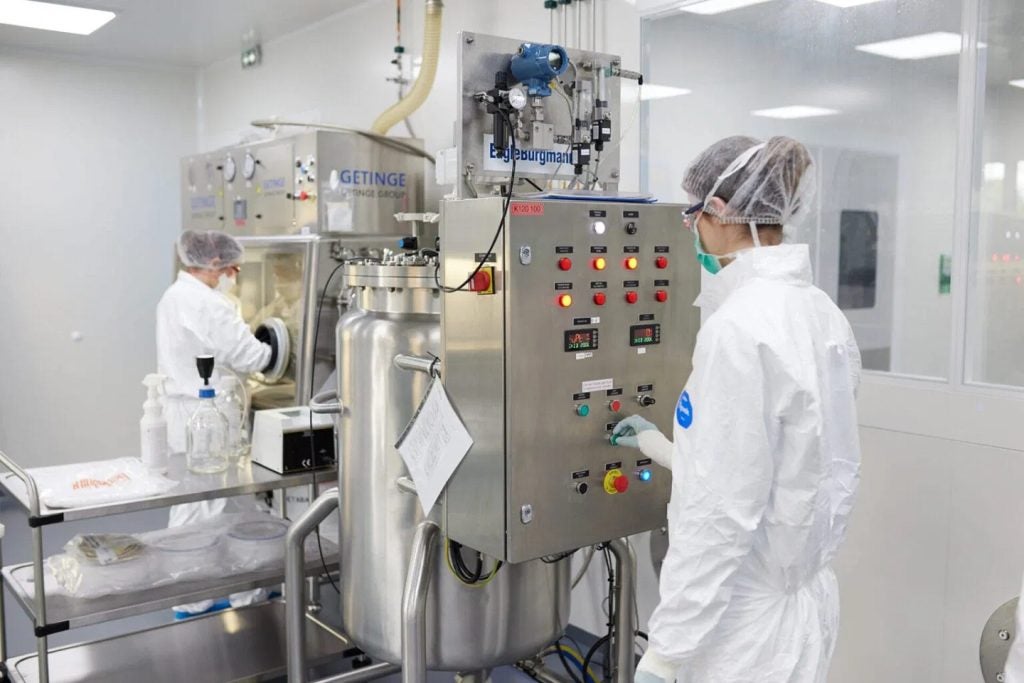Regeneron Pharmaceuticals has formed Regeneron Cell Medicines, a new research and development (R&D) unit focused on advancing cell therapies in oncology and immunology.
The strategic move comes as Regeneron acquires development and commercialisation rights to 2seventy bio's investigational immune cell therapies pipeline, including clinical stage and preclinical programmes.
Employees of 2seventy bio will become part of the new R&D unit.
In 2018, Regeneron and bluebird bio, from which 2seventy bio originated in 2021, began their collaboration to discover new cell therapy approaches to cancer treatment.
Regeneron previously held the option for a co-development and co-commercialiation arrangement, but will now fully acquire 2seventy bio's preclinical and clinical stage pipeline.
It will also assume 2seventy bio's ongoing programme, infrastructure and personnel expenses related to these programmes.
The latest agreement includes an upfront payment of $5m by Regeneron to 2seventy bio and a milestone payment upon the first major market approval of the initial product.
Regeneron will also pay a low single-digit percent royalty on product revenues.
The transaction is subject to SEC filings by 2seventy bio and landlord consent for sublease agreements. It is expected to close in the first half of 2024.
Regeneron Cell Medicines aims to harness the potential of cell therapies and explore synergies with Regeneron's antibodies and bispecifics.
Regeneron president, chief scientific officer, co-founder and board co-chair George Yancopoulos stated: “Our expertise in antibody technologies and emerging genetics capabilities, combined with 2seventy’s cell therapy platforms, presents a significant opportunity to address cancer and other serious diseases in new and impactful ways.
“By integrating 2seventy’s pipeline of cell therapies and their talented team, we are complementing our own expertise and portfolio of innovative immuno-oncology treatments, which will allow for potentially transformative combinations that can really make a difference in patients’ lives.”















